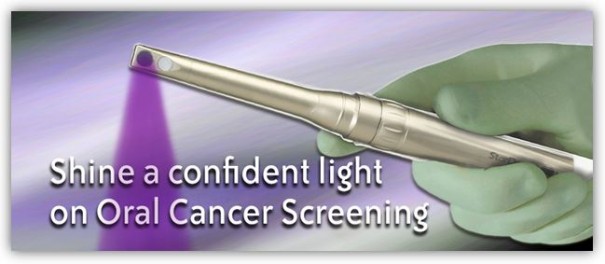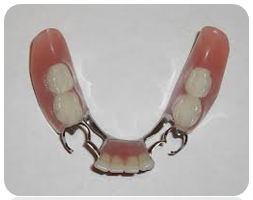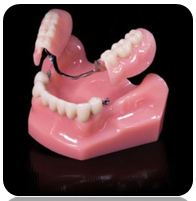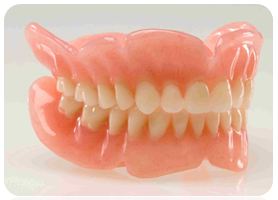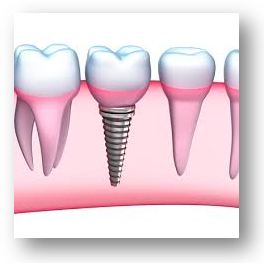
Do you love the cool feeling of an ice-cream cone on a hot summer day or a hot cup of chocolate on a cold winter day? BUT does that thought of something cold or hot make you cringe? Then you are one of those millions of people who have sensitive teeth. But does that mean, you could never enjoy that cold ice-cream or hot coffee? Absolutely not!
So what causes sensitive teeth? Your tooth is made of multiple layers – the top most layer is the enamel (above the gums) and cementum (below the gums). Underneath this layer is the Dentin. When enamel or cementum are worn out or damaged dentin is exposed causing teeth sensitivity.
Some of the most common causes of sensitive teeth are:
1. Decay
2. Recession or receding gums
3. Periodontal (gum) Disease
4. Fractured teeth
5. Old/Worn Fillings
The treatment for sensitive teeth will depend on the cause of the sensitivity. Here are a few treatment options:
1. Fluoride Gel: The application of fluoride-gel in office will reduce the transmission of cold/hot and also strengthen the enamel.
2. Sensitivity toothpaste: This toothpaste contains compounds that reduce the transmission of cold/hot; however a change can be noticed after several applications.
3. Surgical Gum Graft: If your gums have receded and your gum tissue has been pulled away from the root, then a gum graft can surgically replace the missing gum and reduce sensitivity by protecting the tooth.
4. Restoration: A crown, bonding or an inlay can be used to cover the areas of the tooth that have been damaged/exposed to decay.
5. Root Canal Treatment: If sensitivity is so severe and persistent that no other treatment options seem to work, then this treatment may be recommended.
Most of these issues can be prevented and handled in a timely manner by practicing proper oral hygiene and visiting your dentist regularly.








